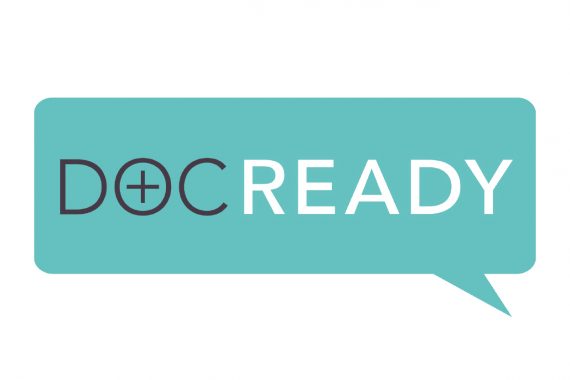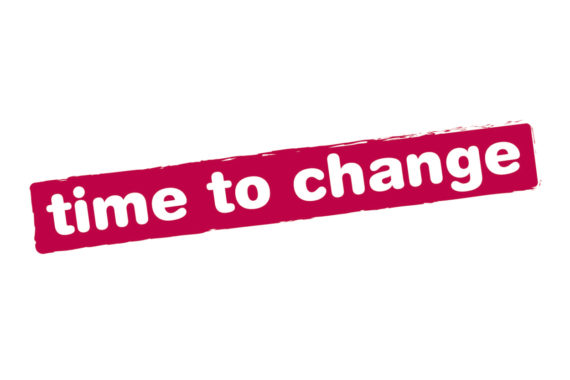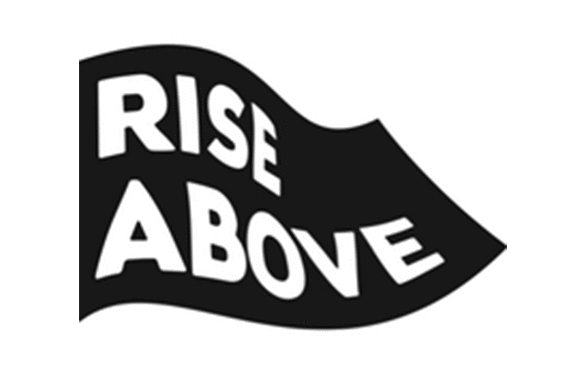Starting conversations
Talking about how you feel isn’t always easy. It can be hard to know what to say first or describe how you feel, but it can be a big help to share your feelings with someone who cares.
Who should I talk to?
Different people can help you in different ways depending on what you need, from someone to just listen, to someone who can offer you professional advice or treatment.

A professional or expert
If you are 13-17 years you can contact the MindMate SPA directly to ask for support with your mental health.
MindMate has lots of information about support options for young people in Leeds
Your GP can also help you decide whether to speak to a trained professional such as a counsellor or therapist.

Someone close to you
You may well have people in your life already who support you or could support you if you are able to talk to them. Use our Find Your MindMates tool to help work out who’s best to talk to.

Someone online
Wondering about sharing your feelings online? It can feel easier than face to face, but just remember that this can open up your conversations to people who might be unhelpful or even hurtful.
It could be a good idea to use a specially-designed messageboard, such as the ChildLine messageboard, specially designed to talk about how you are feeling. This board has special measures in place to make sure your info is confidential and users respect each other.
What should I talk about?
Before you talk to someone about your feelings, it can help if you plan what you want to say. There’s a few ways of making this easier.
Planning what to say
- Our ‘Think, Feel, Want’ sheet can help you to get your thoughts together.
- Doc Ready’s check list can help you to think of and remember everything you want to talk with your doctor about.
(Privacy info: Doc Ready doesn’t store anything that they or anyone else can link to you. We recommend you read the full privacy info). - If you don’t want to write anything down, recording your feelings on a voice recorder app to play back can help.
Be prepared for different reactions
- A doctor or other expert will ask you lots of questions.
- Someone who’s close to you may not quite know how to react at first, so give them a moment; they might not be expecting what you’re telling them. Rise Above could help them.
- Time-to-change.org.uk has some ideas to help you handle different reactions.
What happens next?
It’s important to keep talking about your feelings with someone. Here are some handy tips to help keep the conversation going.

Arrange another meet up
Arrange your next time to catch up or a regular time to talk to keep the momentum going.

Help them to help you
Give them a small job to help you, like looking online for some ideas to help you, or to look out for you at school or work.

A professional will help you
If you’ve spoken with your doctor, they will suggest what you can do next and who else to speak to.

Make a plan!
Your MindMate and you can work out a plan together. Don’t forget to check out our other Healthy Minds pages for more ideas.
Useful links

Find your MindMates
Our fun tool can help you to work out who’s in your life and who could support you.
Find your MindMates now

Doc Ready
This handy site helps you to get ready to talk to your doctor or other professional.
Doc Ready
Time To Change.org.uk - understanding different reactions
Help with understanding different reactions when you talk about how you feel.
Time to Change
Time To Change – supporting someone you know
Information and tips on supporting someone you know.
Time to Change


